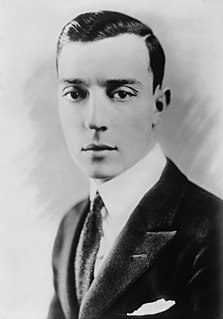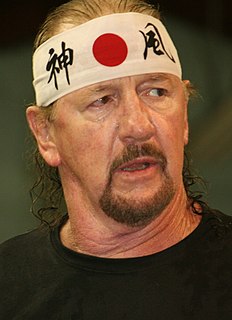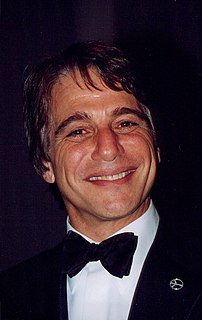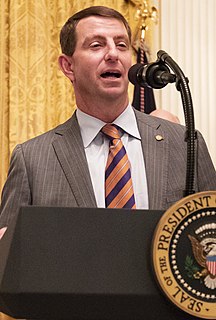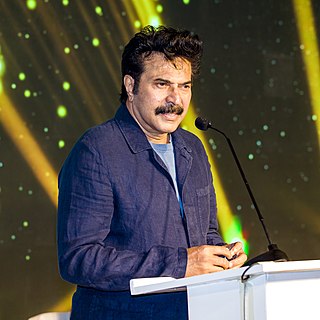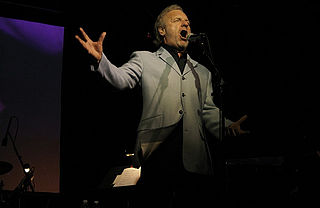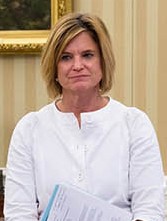A Quote by Buster Keaton
The first thing I did in the studio was to want to tear that camera to pieces. I had to know how that film got into the cutting room, what you did to it in there, how you projected it, how you finally got the picture together, how you made things match. The technical part of pictures is what interested me. Material was the last thing in the world I thought about. You only had to turn me loose on the set and I`d have material in two minutes, because I`d been doing it all my life.
Quote Topics
About
All My Life
Because
Been
Camera
Cutting
Cutting Room
Did
Doing
Film
Finally
First
First Thing
Got
Had
How
Interested
Know
Know How
Last
Life
Loose
Made
Match
Material
Me
Minutes
My Life
Only
Part
Picture
Pictures
Pieces
Room
Set
Studio
Tear
Technical
The First Thing
Thing
Things
Thought
Together
Turn
Turn Me
Two
Want
World
Related Quotes
Material success is rewarding and a lot of fun, but it's not the most important thing in my life because I know when this is all over, the Master isn't going to ask me how many things I owned or how many television shows I did. I think the questions will be, What did I do to make a difference? Did I learn to live with love in my heart?
My first match was against Sputnik Monroe at the Amarillo Sports Arena. It was scheduled for only ten minutes. Sputnik got me down and was on top of me for the first eight minutes. My father came running down to the ring and yelled for me to get up. I don't know how I got up but I did. I was a lot more scared of my father than I was Sputnik.
What interested me the most was that when I [traveled to Europe] I knew what Joseph Beuys was doing, he knew what I was doing, and we both, we just started to talk. How did I know what Daniel Buren was doing, and to an extent, he knew exactly what I was doing? How did everybody know? It's an interesting thing. I'm still fascinated by it because, why is it now, with the Internet and everything else, you get whole groups of artists who have chosen to be regional? They really are only with the people they went to school with.
I thought about how to film something, how to take pictures of it and how to mix it all together. And I was getting that through Patti [Smith] - because she takes pictures, performs, writes; she does so many things, and that was a big inspiration to me. It helped me realized that I'm not just a fashion photographer. I wanted to do all these other artistic things as well, and during filming my mind opened up to those possibilities.
Trust me, people that know me know I ain't perfect, but I do try to live my life in a way that hopefully can be pleasing to my maker because I know I'm going to meet Him one day, and He's not going to pat me on the back and talk about how many wins I had or how many Coach of the Year trophies we got or how much money I made.
I had it together on Sunday. By Monday at noon it had cracked. On Tuesday debris Was descending on me. And by Wednesday no part was intact. On Thursday I picked up some pieces. On Friday I picked up the rest. By Saturday, late, It was almost set straight. And on Sunday the world was impressed With how well I had got it together.
I've been so fortunate throughout my career, when I was doing theater, more theater than anything else, and when I was doing films that I got a chance just to do a broad range of things. In fact, a lot of my choices that I made were about that very thing. Every project that I had an opportunity to do or chose to do, I wanted it to be different from the last thing I did, and I think that's why I have a good, you know, I had kind of a diverse kind of résumé. I'm really - it's what I set out to do as an actor originally.
I was very inspired by Les Blank's film 'Burden of Dreams.' I think what's unique about his film and the two I've made is that they're close examinations of filmmakers and how their own emotional experiences reflect in the material they're rendering, and vice versa - how that material sometimes colors their own lives.
You didn't have to take a punch for me, you know,' he said. 'I'm a lover, not a fighter.' 'You're a freak is what you are,' I said. He stuck out his hand. 'Come on, slugger. Walk with me. You know you want to.' And the thing was, despite everything I knew-that it was a mistake, that he was different from the others-I did. How he knew that, I had no idea. But I got up and did it anyway.
I realized I was growing up or something like that. You have responsibilities...you've got to think about getting your act together. I didn't even know what it had been doing to me. I didn't realize how dangerous it was. People talked in terms of drugs and I used to think in terms of...well in Ireland, everybody drinks. Nobody gives it a second thought. You're Irish number one and you're a drinker number two. That's the first two things about us Irish.
That's very clear today. No, you wouldn't, respectfully. How exactly did [Republicans] win? How exactly did we win? I'd like to know. Because I sacrificed the last four months of my life to do it, excuse me, and we did it. And we did it by looking at the schedule and looking at, yes, the electoral map of 270 because that's how you win the presidency.
When I was a little bitty kid, my aunt showed me how to play a little boogie. It took me years. I had to play the left-hand part with two hands, because my hands was so little. Then as I grew up and I learned how to play the left-hand part with one hand, she showed me how to play the right-hand part, and et cetera. My Uncle Joe showed me how to play a little bit different boogie stuff. I had people in my family that was professional musicians, but I just wasn't interested in what they did. I wasn't very open-minded to a lot of music that I'd be more open to today.
